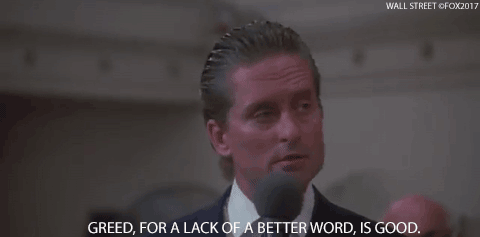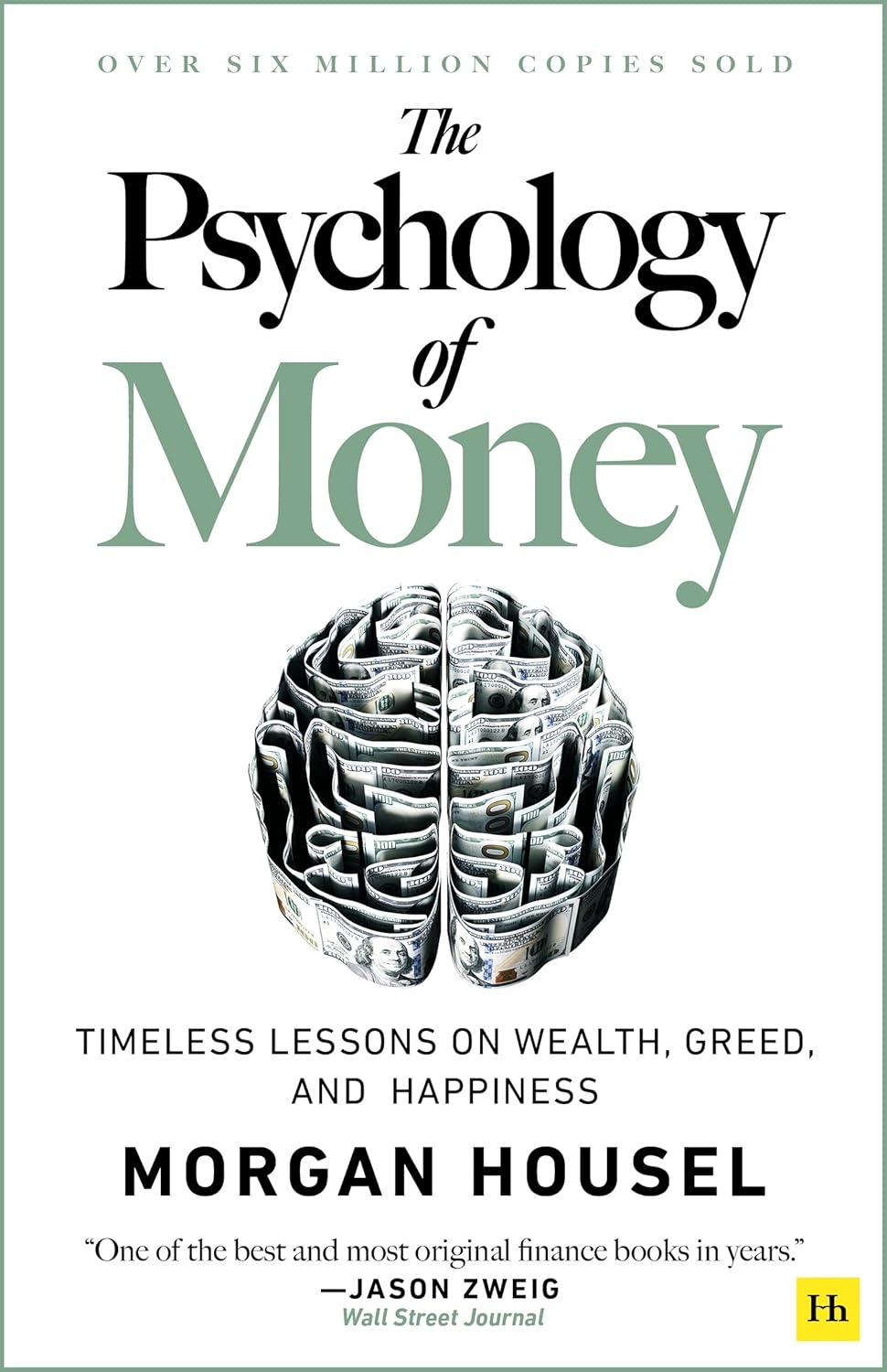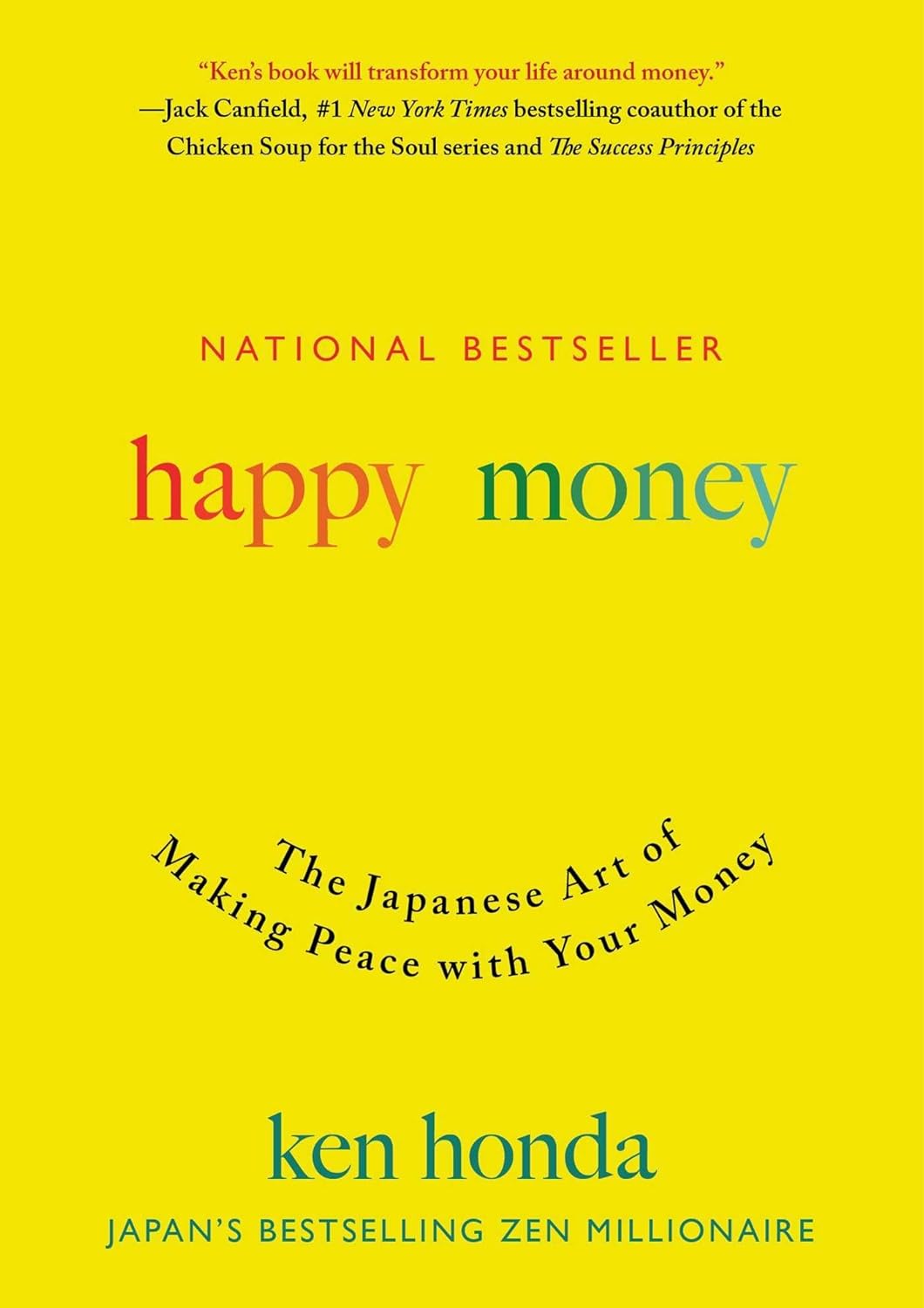The Psycholog of Money by Morgan Housel grounded me on my current belief about money and investment. To some extend it was a relieve to learn that it is not about how smart you are but has a lot to do with how you behave. While on the other hand this seems to be the hard part when it comes to investing.
What you’ll find inside:
I was always under the impression that I don’t know enough about how investing works in detail. Because I am not familiar enough with KPIs and what to keep an eye on etc. But what the author aims to teach us here is that the psychology of money is not a hard science. It is a soft skill first, where how you behave is more important than what you actually know about it.
Emotions Guide Your Financial Actions
I can relate to that since a lot of people are in the game of investing and who not aware of how much their emotions influence their behaviour. How I behave might make sense to me, because of my past experiences and conclusion I derive from, but I might look crazy to you. And this characteristic makes it hard to predict a system with a lot of emotional decisions using hard facts alone. And also explains, why simply asking a friend for an investment advice might not work out for you the same way as it does for your friend.
The emotions are on both sides of the investment outcomes. There is FUD (fear, uncertainty and doubt) when your investment is in the red where you are tempted to sell to avoid further loss. Or FOMO (fear of missing out) when greed may guide you to invest in raising and trending assets like we have seen with crypto recently.
About luck and risk
There is sometime you get everything right, but still loose the game. These failure situation can be a lousy teacher, because it seduces us to think we made the wrong choices. Because the accidental impact of actions outside of your control have a bigger impact than the ones you consciously take. See also “happy money” by Ken Honda.
The book made me acknowledge the role of luck in investment success but also the role of risk. And especially for the later to arrange my financial life in a way that the bad investments won’t wipe me out of the game, so I can keep playing until the odds fall in my favour.

I still recall this phrase from Wolf of Wall Street about greed and how it leads to exceptional results. Greed lets you take more risks and push your luck. This might be OK when you are young, because you have enough time left to learn and experiment. But keep in mind: once greed is fueled by envy, you will sabotage your sense of enough risk to loose it all and being pushed out of the game.
The million dollar advise about money and investment
The profound advice on money I understood from this book is taking calculated risks, being optimistic and patient.
In order to make calculated risks, you have to have a plan about your investments. A plan with enough room for failures, because with most often likely not everything will be going according to plan.
Being optimistic and having fate when investing into the future is true beyond the relevance for investment. If you don’t believe that the future is going to be better than today, even if your life situation dropped compared to yesterday, you will not have enough mental strength to stay committed.
Last but not least it is about being patient with your investments. Over time, compound will do the heavy lifting of your financial gains. But this is nothing our brains understand naturally. We are more used to linear growth. Exponential growth like compound is therefore hard to grasp since also the results take some to materialise.
And if there is a habit you’d want to think of when it comes to patience and investment, then to stop looking at your brokers app every minute. Set a notification instead and be aware of what your emotions are telling you when things don’t work out as planned.
Conclusion
- Focus more on broad patterns and less on specific individuals.
- Keep calm and diversify your investment.
- Be patent and establish an anti habit to stop checking your brokers app for the most current balance. Set a notification instead.
Next on my reading list is “fast lane millionaire” by MJ DeMarco, who shares a different path to wealth.

